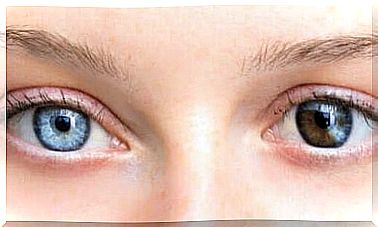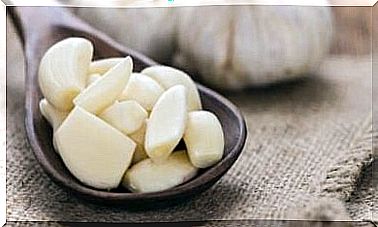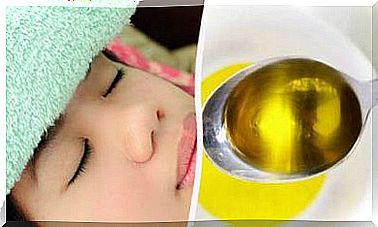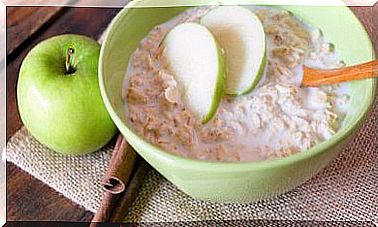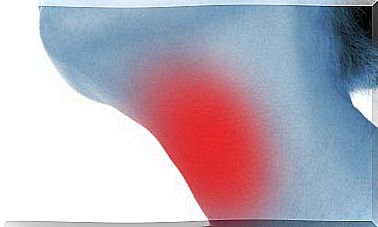Iodine – An Important Mineral
The increased intake of iodine should first be discussed with the doctor, because too much is just as harmful as too little. Adequate levels help burn fat and prevent thyroid problems.
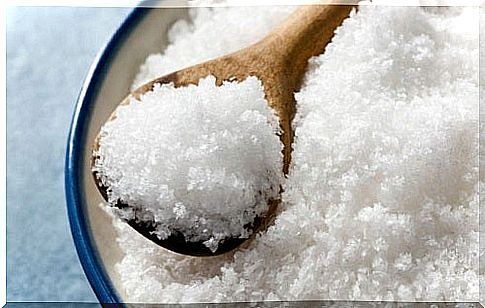
Iodine – It is one of the most important basic minerals in our body. According to many studies, it is the mineral that our population is most lacking as it cannot be synthesized on its own.
Therefore, we need to get enough iodine through our diet.
Most foods contain very little, although there are of course foods that are fortified with it (for example, iodized salt). Most of it is found in seafood or marine plants, especially in the algae.
It is vital to the human body. It is absorbed in the intestinal tract and then transported through the bloodstream to the thyroid glands so that hormones can be made from it.
It also helps to burn fat and also to avoid diseases such as goiters or thyroid problems. You can find out more about this below.
Benefits of iodine
- A sufficient amount of iodine in the blood is necessary to enable the production of the thyroid hormone thyroxine . In this way, diseases such as goiters or thyroid problems can be avoided.
- It allows the correct functioning of our metabolism, such as growth in children or the correct functioning of the nervous system.
- It is essential to synthesize carbohydrates as well as cholesterol.
- And it provides us with energy and is important for the health of our cells.
- It burns off excess fat.
- Thanks to iodine, our nails, hair and teeth are strong and healthy.
- It can also be used externally, such as for disinfecting wounds. It is also often buried in drinking water.
Symptoms of iodine deficiency
If the body is not supplied with enough, the following deficiency symptoms can occur:
- Goiters
- underactive thyroid
- Feeling cold
- Fatigue, pain in the joints
- insomnia
- Dry skin and dry hair
- constipation
- Cretinism: childhood illness with physical and mental lag
Where do we find it?
fish and seafood
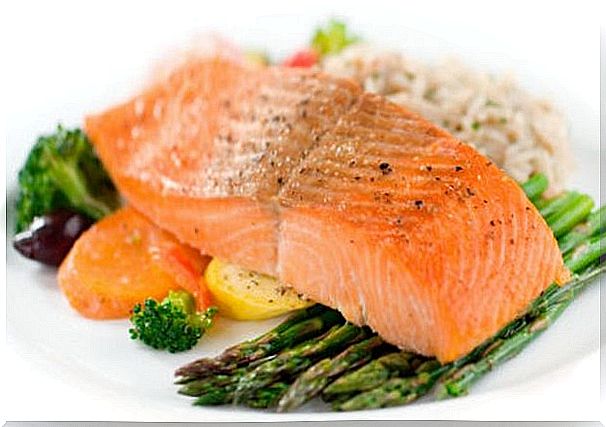
The sea is a natural source of iodine. It is therefore highly recommended that we put fish or seafood on our menu at least three times a week.
They contain many vitamins from group B, vitamins A, D and E as well as omega 3 fatty acids, which are very important for our health.
Therefore, the consumption of salmon, herring, prawns, prawns, cod, mussels and sole is recommended.
vegetables
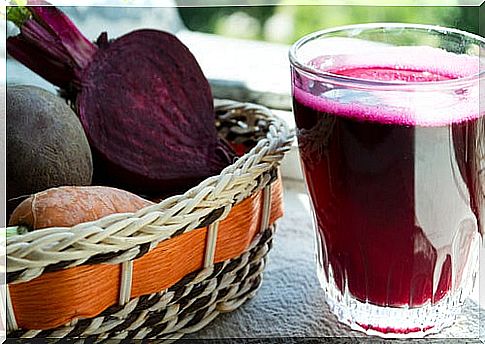
You may not be used to eating kelp as a vegetable, but these provide a large amount of the mineral.
Therefore, you should add algae to your diet from time to time. In addition to algae, onion, beetroot, Swiss chard, spinach, cucumber, green beans, cress and garlic are also good sources of iodine. Garlic also has an antibacterial effect.
cheese

Some cheeses are also very suitable to meet our iodine needs. For example the cheddar cheese, which contains 39 milligrams of iodine per 100 g. Also the Manchego cheese (both the semi-ripe and fresh, as well as the marinated in oil): 100 grams provide 34 milligrams of iodine.
Grain

Many of the grains consumed daily, such as rice, wheat, rye, etc. contain a considerable amount of iodine. 100 grams of corn flour contain 80 milligrams of iodine.
Some warnings about iodine
You should always consult your doctor to know whether or not to add iodine. You shouldn’t just consume seaweed and iodized table salt every day as a precaution.
Too high an amount of iodine is harmful to our body and, among other things, it can lead to an overactive thyroid. Furthermore, some medications should not be taken at the same time as iodine.
When in doubt, it is best to always ask your doctor. In any case, it is clear that you should always eat a healthy and balanced diet, with lots of fruits, vegetables and grains. In this way you are doing something good for your health.
